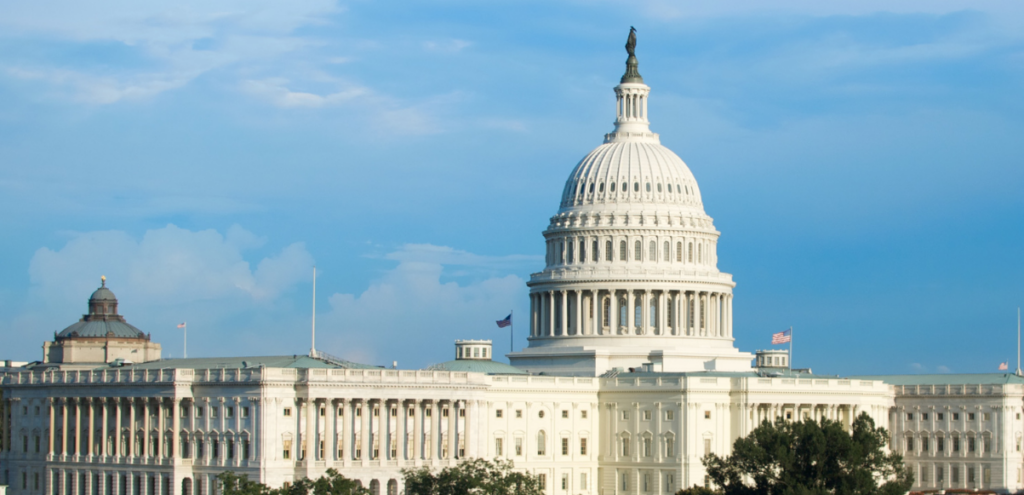Dispatch from The Hill: Countdown to Shutdown?

by Annie Starke Lange, Senior Director of Federal Affairs
Congress kicked off its 118th session in January of this year, with Republicans in control of the House of Representatives and Democrats holding onto the Senate, both by razor-thin margins. Once House Republicans chose Rep. Kevin McCarthy (R-CA-20) to serve as Speaker of the House after a rocky electoral process, Congress began to delve into its substantive agenda for the year. Over the last few months, both chambers have worked on the debt ceiling and appropriations.
President Joe Biden signed a two-year debt limit extension in June. This took months of negotiating between the White House and the House of Representatives over disagreements along party lines on policy limitations within the extension. Thankfully, both sides reached an agreement, and legislation was signed into law just two days before the country would default on its debt.
As the August recess work period winds down and Congress is set to come back to Washington after the holiday weekend, members are returning to negotiations on government appropriations (where Congress decides to allocate its spending) set to expire on September 30. Congress still needs to approve the fiscal year 2024 Appropriations bills. If the Republican-controlled House and Democratic-controlled Senate cannot agree on a path forward and send a bill to President Biden’s desk, the government will no longer be able to pay federal workers, must furlough non-essential employees and suspend some government services, causing a shutdown until lawmakers reach an agreement.
For brewers, a shutdown would mean the U.S. Alcohol Tax and Trade Bureau (TTB) would be unable to review new products, labels and formulas. If you have any outstanding product labels or formulas that must be submitted to the TTB for review, we strongly recommend that you submit them as soon as possible to ensure the continuity of your operations.
To avoid a shutdown, the most likely solution to keep the nation’s lights on is a short-term continuing resolution bill (or a CR as Beltway insiders call it), which would sustain the government with its current levels of funding – but only for a short period. This short-term band-aid, which could be as short as only a month or could last through Thanksgiving, gives leadership in both parties enough time to negotiate a more comprehensive omnibus spending package. This would still require Congress to come together and pass all those appropriations bills quickly; a heavy lift, given our fractious political climate.
Another option to avoid a shutdown would be to pass a series of “minibus” bills. A minibus bill is just what it sounds like: a smaller package that includes the appropriations bills that both the House and Senate have agreed to while the other, more controversial appropriations bills are still being worked on and hopefully finalized.
Both options are viable solutions. But as the country saw with the Speaker election and debt ceiling debate earlier this year, the most straightforward solutions are often bogged down by partisan jockeying and parochial politics. Unfortunately, that applies here as well. Many in Congress are unwilling to negotiate and see some political benefit to a government shutdown. These lawmakers believe that a shutdown gives them the most leverage to promote their own agendas in the policymaking process.
In a hyper-partisan Congress with razor-thin majorities, you have to find members of the opposite political party willing to cross party lines to find the winning amount of votes in both the House and the Senate. While this may seem a monumental task, we hope cooler heads will prevail and agree upon a bipartisan solution to avoid governmental disruptions. Your Beer Institute team here in Washington will continue to press lawmakers to avoid a government shutdown and to move expeditiously to ensure continuity of government.













